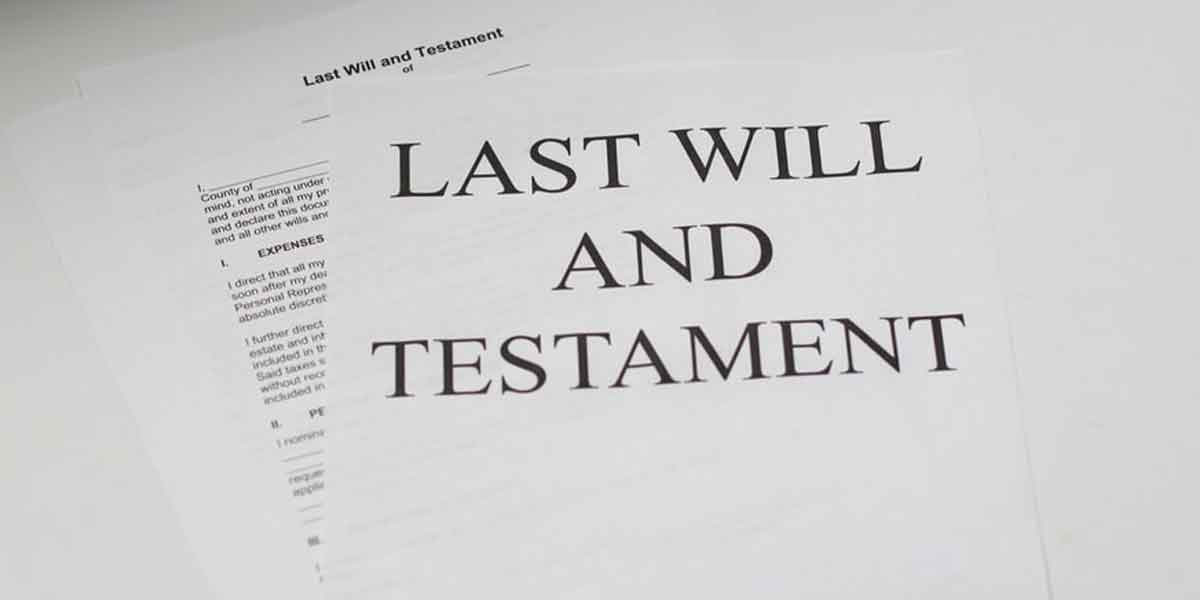Probate, a legal process for managing a deceased person’s assets, involves distributing assets to heirs and settling any outstanding debts. The executor handles these tasks on behalf of the deceased, using estate funds to pay taxes and fees associated with probate. Unfortunately, this can diminish the value of the estate left for heirs and add stress as they navigate court hearings, especially if assets are located in different countries.
To avoid these drawbacks, individuals can take steps to bypass the probate process. One effective strategy is naming beneficiaries on all accounts subject to probate. By designating beneficiaries for assets before death, such as in Payable on Death (POD) or Transfer on Death (TOD) sections of accounts like bank accounts, brokerage accounts, life insurance policies, 401K plans, and IRA accounts, assets can bypass probate and go directly to beneficiaries.
Another method to avoid probate is by establishing a trust. Unlike a will, a trust allows assets to be distributed without court involvement, maintaining privacy and reducing costs and delays compared to probate. Additionally, holding properties jointly, especially with a spouse, can facilitate the direct transfer of assets without probate, preserving the estate’s value and simplifying the transfer process.
avoiding probate can help retain the full value of an estate and alleviate stress for heirs. By implementing strategies like naming beneficiaries, creating trusts, and holding joint properties, individuals can safeguard their assets from the probate process and ensure a smoother transfer to beneficiaries.




